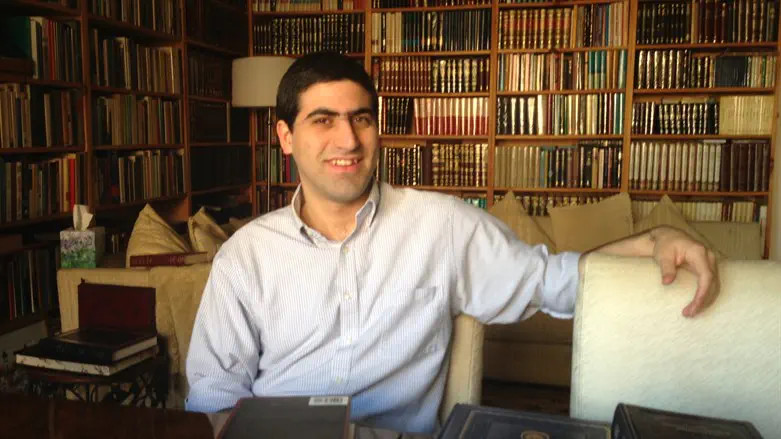
Why couldn’t Yaakov’s sons just tell him that Yosef was alive? They saw how much their father was suffering. Why keep him in such pain when they could relieve it in a second?
Of course, doing so would have required revealing their heinous crime – that they had sold Yosef as a slave to a passing caravan and then lied about it – but surely at some point they must have realized that the thought of Yosef’s death was killing Yaakov. How could they bear to watch their father suffering for 22 years?
Rav Hirsch suggests the following explanation:
Yes, the brothers saw their father in anguish, but they knew that telling Yaakov the truth “would have inflicted the worst wound at all.” Imagine a father knowing that 10 of his sons conspired to kill their brother and then sold him into a life of captivity from which they assumed he would never return (slaves in the olden days weren’t exactly released and allowed to rejoin their family).
“However terribly a child may have been killed, the child is never lost to the parent’s mind,” writes Rav Hirsch. “But a depraved child is more than lost.”
In other words, Yaakov would have suffered even more had the brothers told him the truth. “They would only have added at one blow 10 more sons to the one he had lost.”
So they kept quiet. “If the pain was not to be increased a thousandfold, silence must be kept until Yosef would reappear and then the joy of finding him again…would soften even the thought of the horrible crime committed.”
Very interesting.
Elliot Resnick, PhD, is the host of “The Elliot Resnick Show” and the editor of an upcoming work on etymological explanations in Rav Samson Raphael Hirsch’s commentary on Chumash.